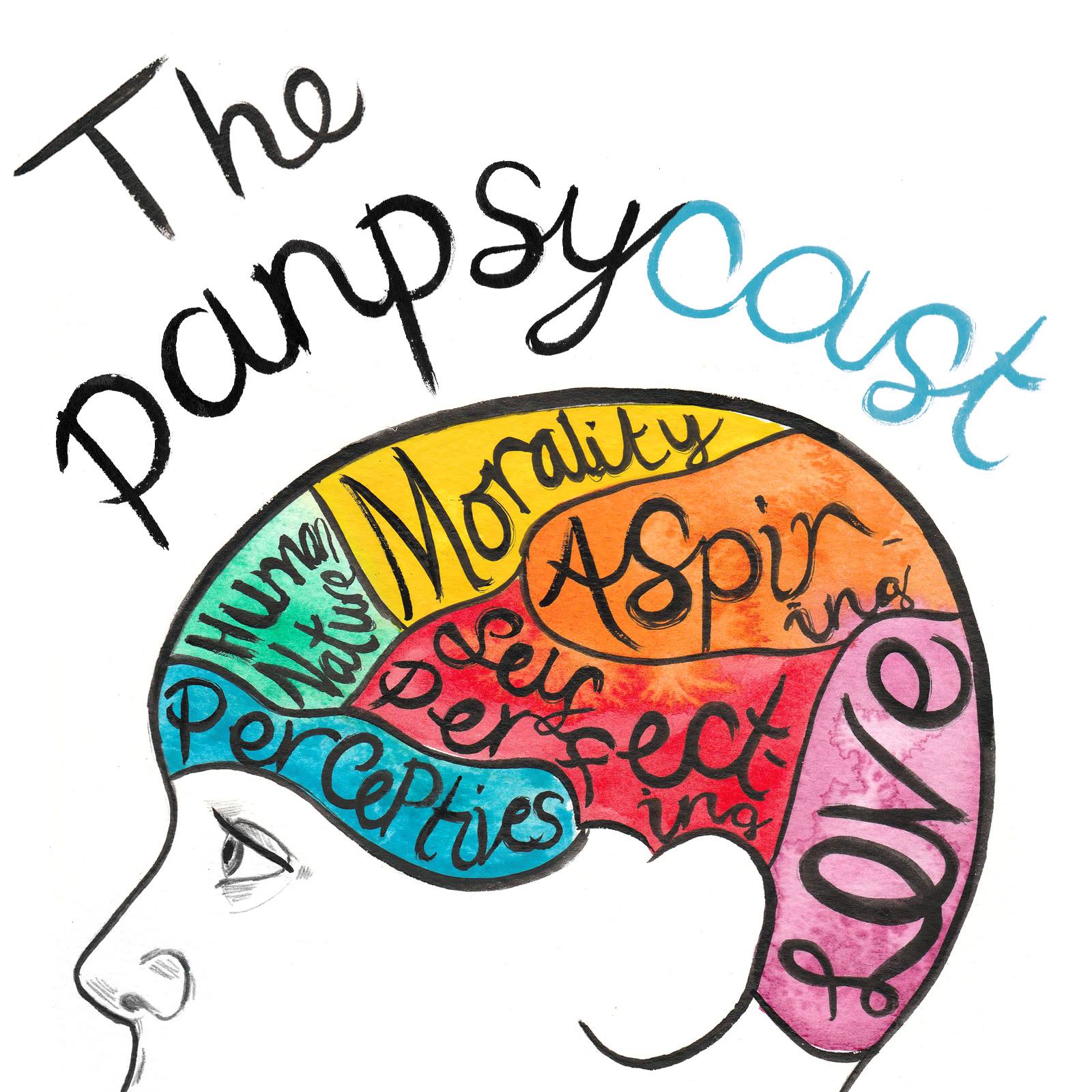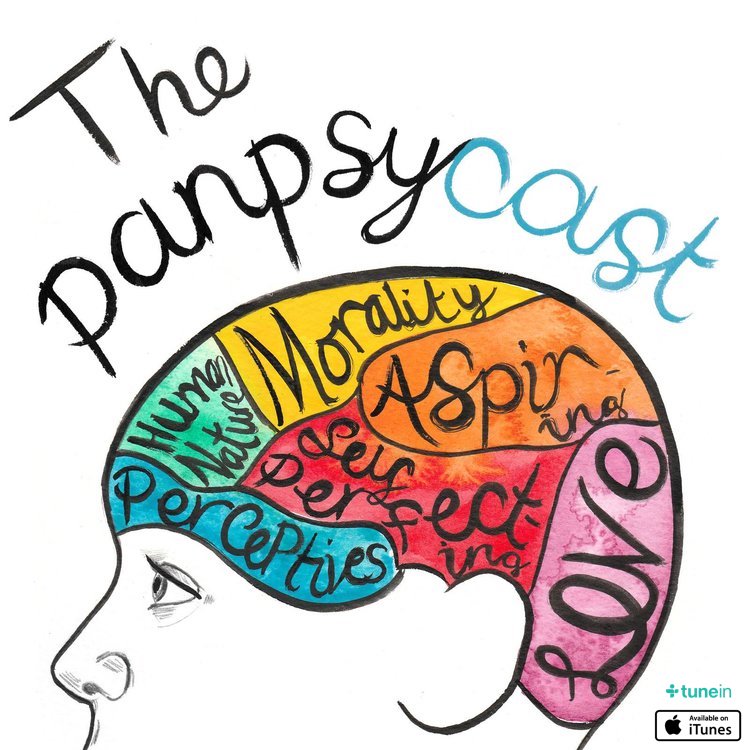Welcome to Episode 38 (Part I of II), where we'll be discussing the importance of philosophy in everyday life with Rick Lewis.
Rick Lewis took his first degree in physics and philosophy of science at the University of Manchester, and later an MA in philosophy at the University of York.
Making philosophy accessible and encouraging the person on the street to engage in philosophy in their everyday life was, and is, hugely important to Rick. That’s why in 1991 Rick founded the magazine Philosophy Now, of which, he has been the editor ever since. Soon after launching the magazine, Philosophy Now became the first philosophy title to appear on UK news-stands.
This episode Jack, Andy, Olly and Rick will be discussing ‘the role of philosophy in everyday life’. For many, philosophy is something which can not only enrich our own lives but the lives of our fellow humans. For many others, philosophy is a waste of a life, something that diminishes, something which fails to enrich...
The file size is large, please be patient whilst the podcast buffers/downloads/lives an examined life
Part I. Philosophy in Everyday Life.
Part II. Philosophy Now, Further Analysis and Discussion.















